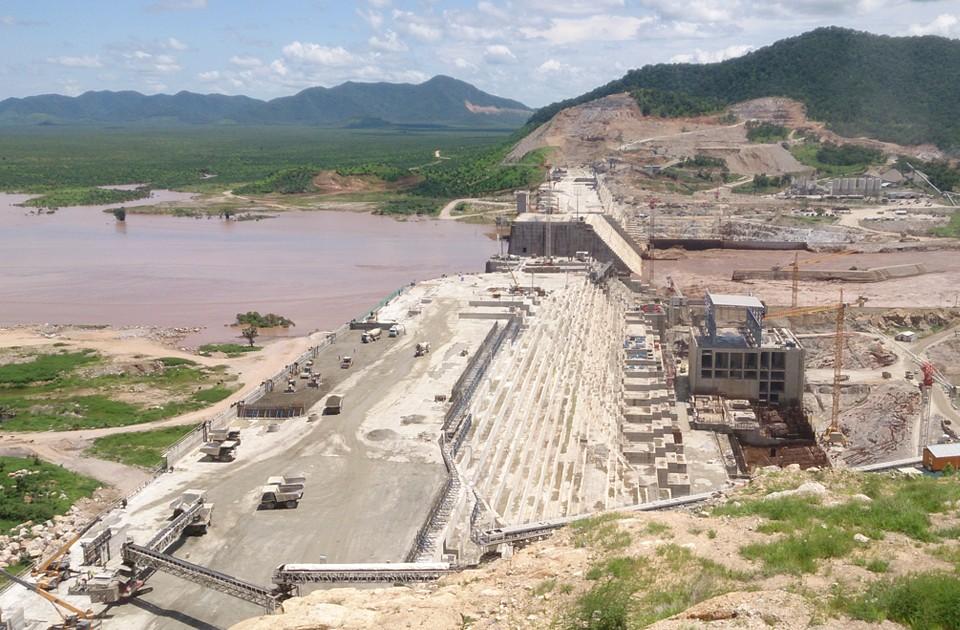Ethiopia rejected a proposal by Egypt to operate on the $4 billion hydropower dam Ethiopia is building on the Nile.
This rejection is further deepening the disputes between the two nations over the project being conducted by Ethiopia.
In a press conference in Addis Ababa Ethiopia’s capital, Sileshi Beleke, minister for water, irrigation and energy described Egypt’s plan, which includes the volume of water it wants the dam to release annually as “inappropriate”
He further said that the proposal from Egypt was unilaterally decided and did not consider their previous agreements.
“We can’t agree with this…we will prepare our counter-proposal.”
In 2011, the Grand Ethiopian Renaissance Dam (GERD) was announced, it is designed to be the centrepiece of Ethiopia’s bid to become Africa’s biggest power exporter, generating more than 6,000 megawatts.
The dam has been the center of disagreements between Ethiopia and Egypt as the two countries disagree over the annual flow of water that should be guaranteed to Egypt and how to manage flows during drought periods.
Egypt gets around 90% of its freshwater from the Nile and wants the GERD’s reservoir to release a higher volume of water than Ethiopia is willing to give among other disagreements.
Also Read: Russian companies eye African market through Egypt
“An Egyptian expert can’t control our dam,” Sileshi said as he described the Egyptian plan as a potential violation of Ethiopia’s sovereignty.
According to Mr. Sileshi, Egypt wants the level of water at Aswan dam to remain at 165m of height, which he said they will not accept.
The Ethiopian minister said that the Aswan Dam proposal Egypt had given was also not acceptable.
Sileshi did not specify how much water Ethiopia wants to release, but Egypt wants the dam to release a minimum of 40 billion cubic meters of water from GERD annually.
Ethiopia’s water and energy minister said that following the constructions delays, the GERD dam would start production by the end of 2020 and be operational by 2022.
Egyptian President Abdul Fattah al-Sisi was quoted in the local media saying that the Blue Nile dam project would never have got underway in 2012, had Egypt not been distracted by the Arab Spring uprising.
The dam promises economic benefits for both Ethiopia and Sudan, but Egypt fears it will restrict the already stretched water from the Nile. Egypt uses the Nile for drinking water, agriculture and industry.
